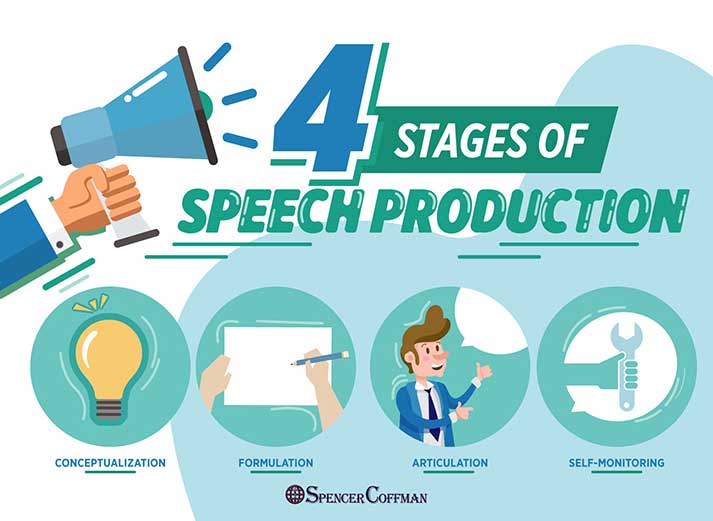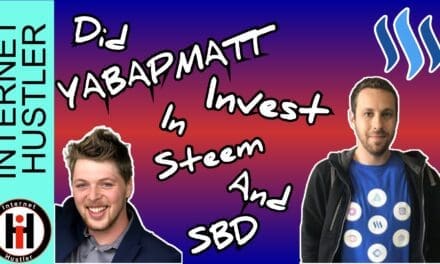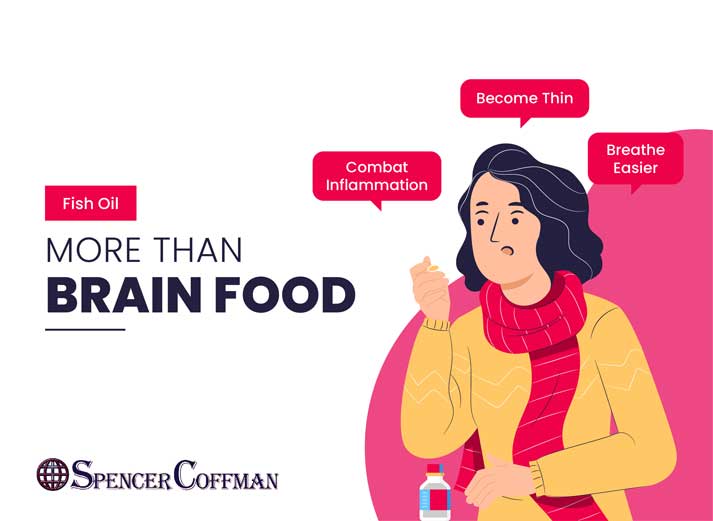Humans produce speech on a daily basis. People are social creatures and are always talking to one another. Whether it is through social media, live conversation, texting, chat, or otherwise, we are always producing some form of speech. We produce this speech without thought.
That is, without the thought of how we produce it. Of course, we think about what we are going to say and how to say it so that the other people will listen but we don’t think about what it is made of and how our mind and body actually product speech.
If you have been following my other language-related articles, then you will not be surprised to find out that there are four stages of speech production. It seems that those who classified this data did so in measures of fours and fives. There are…
Five Methods to Learn a Language
Four Ways to Assess Student Knowledge
Five Language Learning Strategies
Four Properties of Spoken Language
The list goes on! Now we have four stages of speech production. These are the processes by which humans produce speech. All of the ways that we come up with the words we say have been compiled into four stages. These stages are not consecutive like normal scientific stages. Instead, they are simply classified as such.
This means that they are not something you go through developmentally. Rather they are simply different ways in which you may produce speech. I’ll describe each one of them so you can learn and understand what they are and know how exactly you come up with everything you say.
Money To Invest… Stop Paying For Trades!
Stage 1 – Conceptualization
The first one is called the Conceptualization Stage. This is when a speaker spontaneously thinks of what he or she is going to say. It is an immediate reaction to external stimuli and is often based on prior knowledge of the particular subject. No premeditation goes into these words and they are all formulated based upon the speaker’s knowledge and experience at hand. It is spontaneous speech. Examples of this can range from answering questions to the immediate verbiage produced as a result of stubbing your toe.
Stage 2 – Formulation
The second stage is called the Formulation Stage. This is when the speaker thinks of the particular words that are going to express their thoughts. It occurs almost simultaneously with the conceptualization stage. However, this time the speaker thinks about the response before responding. The speaker is formulating his or her words and deciding how best to reply to the external stimuli. Where conceptualization is more of an instant and immediate response, formulation is a little delayed.
Stage 3 – Articulation
The third stage is the Articulation Stage. This is when the speaker physically says what he or she has thought of saying. This is a prepared speech or planned wordage. In addition, the words may have been rehearsed such as when someone practices a presentation or rehearses a lie.
It involves the training of physical actions of several motor speech organs such as the lungs, larynx, tongue, lips, and other vocal apparatuses. Of course, the first two stages also involve these organs, however, the articulation stage uses these organs multiple times for the same word patterns.
Stage 4 – Self-Monitoring
The fourth stage is called the Self-Monitoring Stage. This is when the speaker reflects on what he or she has said and makes an effort to correct any errors in his or her speech. Often times this is done in a rebuttal or last words argument.
In addition, it could also be done during a conversation when the speaker realizes that he or she slipped up. This is the action of reflecting on what you said and making sure that what you said is what you meant.
Real-Time Spell Check And Grammar Correction
Conclusion
There you have it. Those are the four stages of speech production. Think about this and start to notice each time you are in each stage. Of course, you won’t be able to consciously notice what stage you are in all of the time. However, once in a while it may be amusing for you to reflect on these stages and see how they coincide with the words you speak.
For more great information take a look at the supplemental content on this website and check out these great blog posts. In addition, feel free to connect with me on social media.





